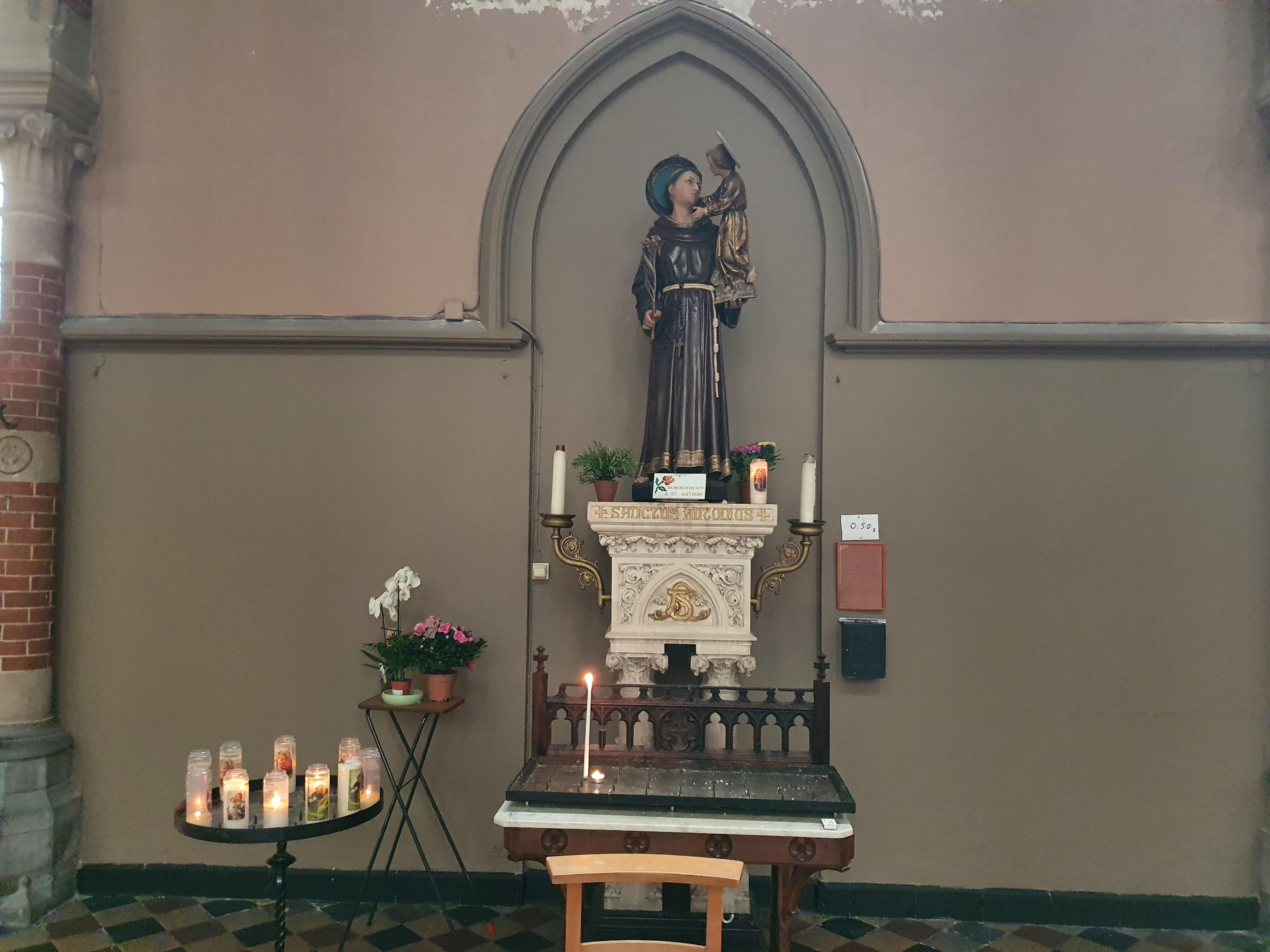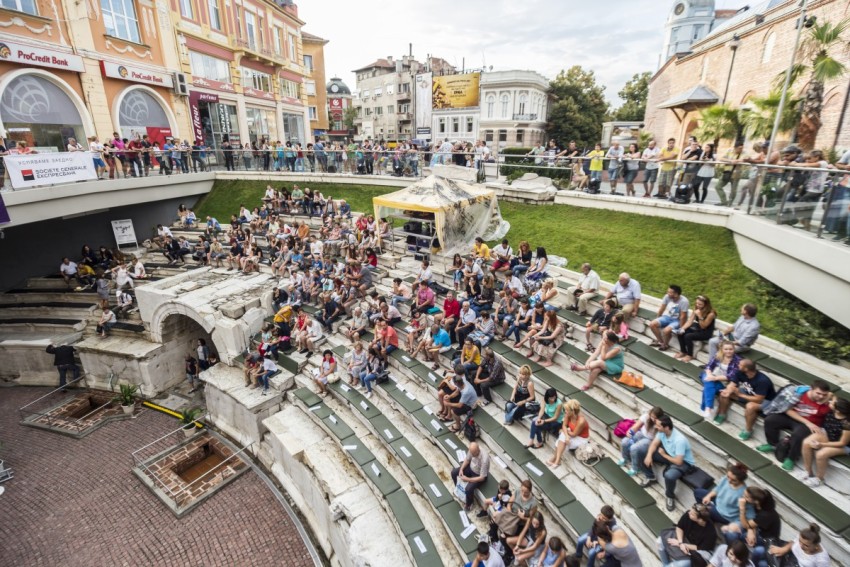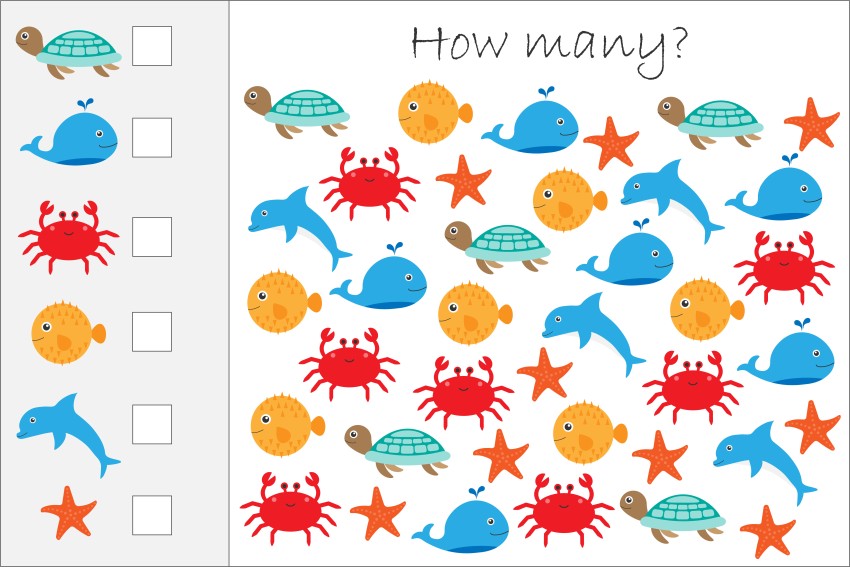Why nothing works
The short answer to this question is its beginning and its end.
The Home.
In Astrology this is 4th house and the sign Cancer; the Moon.
On the path of the soul through the Zodiac, as it has been told by Gahl Sasson as a sequence of human metamorphoses, before Cancer is Gemini, and after it Leo.
Or 2 adults (Gemini) create a home and family (Cancer) and their child is born (Leo).
From Freud we all know, that 99,99% of the problems of an adult individual origin from the childhood. The adults themselves also have thorns, which still cause them pain; so are their parents before them and so on.
Our home needs overhaul.

If one by chance has a walk to the church saint Antoine in Brussels, one might notice saint Antoine, who is holding a child and a blade of a flower with 2 blossoms. In my eyes both the saint himself and the child are entities, who metaphorically display how the inner dialog in our selves appeals. We have the purity, enthusiasm, the dream, the charm of the young child, and the adult, who protects and takes care of the child; merges his path with the path of the child. The inner Child-identity doesn’t grow old; just the opposite – it lives apparently forever as a child, together with the inner Adult-identity, who also doesn’t wear out and change with the age, inside the body of the adult individual.
Largely to this date the inner Adult-identity doesn’t agree with the idea of the shared journey with the inner Child-identity. The Adult is trying to silence child’s voice, to impose his vision; feels fiercely attacked, when he doesn’t get his way, i.e. he behaves as an upset child (a real angry Aries). Which leads to a sequence of personal tragedies generation after generation.
The saint strongly reminds me of the Taurus sign. The flowers are the element Earth, and the second zodiac sign, even more an Earth sign, is the Taurus himself. The saint is garbed in monk robe, even more on the candles image he has lowered his head and listens carefully to the chirpy speech of the child. Now the Adult-identity doesn’t fight to impose himself, but he is willing to follow; he doesn’t want to shout the Child-identity down, but he is silent and listens carefully. Their path moves on and they meet another human (Gemini). Here the things are getting complicated, because to these individual’s own Child and Adult are added the Child and the Adult of the human in front of him/ her. And the miracle happens – the Child communicates with another Child; the Adult with another Adult. As parents in the park, who, during their children are romping around the whole playground, are having some small talk about the everyday life and their admiration of the Children. And they all see that old and young could work together, it is wonderful to help each other, to have some walks around…
This is how I understand parenting – to garb the monk robe and to follow the Child-identity.
Gemini is the sign, which lands blows on everyone, but no one could live without their esprit. And their ruler Mercury was once born and of course, he started lively to think of feats in his manner. What would be better than stealing the cows of Apollo. This happened long ago, and in Greek mythology Mercury is called Hermes.
…” Hermes was the son of Zeus and Maia, the eldest and most beautiful of the seven Pleiades (daughters of Atlas), and was born in a cave of Mount Cyllene in Arcadia. As a mere babe, he exhibited an extraordinary faculty for cunning and dissimulation; in fact, he was a thief from his cradle, for, not many hours after his birth, we find him creeping stealthily out of the cave in which he was born, in order to steal some oxen belonging to his brother Apollo, who was at this time feeding the flocks of Admetus. But he had not proceeded very far on his expedition before he found a tortoise, which he killed, and, stretching seven strings across the empty shell, invented a lyre, upon which he at once began to play with exquisite skill. When he had sufficiently amused himself with the instrument, he placed it in his cradle, and then resumed his journey to Pieria, where the cattle of Admetus were grazing. Arriving at sunset at his destination, he succeeded in separating fifty oxen from his brother’s herd, which he now drove before him, taking the precaution to cover his feet with sandals made of twigs of myrtle, in order to escape detection. But the little rogue was not unobserved, for the theft had been witnessed by an old shepherd named Battus, who was tending the flocks of Neleus, king of Pylos (father of Nestor). Hermes, frightened at being discovered, bribed him with the finest cow in the herd not to betray him, and Battus promised to keep the secret. But Hermes, astute as he was dishonest, determined to test the shepherd’s integrity. Feigning to go away, he assumed the form of Admetus, and then returning to the spot offered the old man two of his best oxen if he would disclose the author of the theft. The ruse succeeded, for the avaricious shepherd, unable to resist the tempting bait, gave the desired information, upon which Hermes, exerting his divine power, changed him into a lump of touchstone, as a punishment for his treachery and avarice. Hermes now killed two of the oxen, which he sacrificed to himself and the other gods, concealing the remainder in the cave. He then carefully extinguished the fire, and, after throwing his twig shoes into the river Alpheus, returned to Cyllene.
Apollo, by means of his all-seeing power, soon discovered who it was that had robbed him, and hastening to Cyllene, demanded restitution of his property. On his complaining to Maia of her son’s conduct, she pointed to the innocent babe then lying, apparently fast asleep, in his cradle, whereupon, Apollo angrily aroused the pretended sleeper, and charged him with the theft; but the child stoutly denied all knowledge of it, and so cleverly did he play his part, that he even inquired in the most naive manner what sort of animals cows were. Apollo threatened to throw him into Tartarus if he would not confess the truth, but all to no purpose. At last, he seized the babe in his arms, and brought him into the presence of his august father, who was seated in the council chamber of the gods. Zeus listened to the charge made by Apollo, and then sternly desired Hermes to say where he had hidden the cattle. The child, who was still in swaddling-clothes, looked up bravely into his father’s face and said, “Now, do I look capable of driving away a herd of cattle; I, who was only born yesterday, and whose feet are much too soft and tender to tread in rough places? Until this moment, I lay in sweet sleep on my mother’s bosom, and have never even crossed the threshold of our dwelling. You know well that I am not guilty; but, if you wish, I will afirm it by the most solemn oaths.” As the child stood before him, looking the picture of innocence, Zeus could not refrain from smiling at his cleverness and cunning, but, being perfectly aware of his guilt, he commanded him to conduct Apollo to the cave where he had concealed the herd, and Hermes, seeing that further subterfuge was useless, unhesitatingly obeyed. But when the divine shepherd was about to drive his cattle back into Pieria, Hermes, as though by chance, touched the chords of his lyre. Hitherto Apollo had heard nothing but the music of his own three-stringed lyre and the syrinx, or Pan’s pipe, and, as he listened entranced to the delightful strains of this new instrument, his longing to possess it became so great, that he gladly offered the oxen in exchange, promising at the same time, to give Hermes full dominion over flocks and herds, as well as over horses, and all the wild animals of the woods and forests. The offer was accepted, and, a reconciliation being thus effected between the brothers, Hermes became
henceforth god of herdsmen, whilst Apollo devoted himself enthusiastically to the art of music. “
Hermes was born a little boy just as all human baby boys were, but since his day one he thinks and understands as an adult man – he loves to play with toys for grown-up boys. He is professional in lies, knows all about the tiny harmony in brotherly relations even more than some adults imagine. Here the mission of the previous sign is completed – the Child-identity and the Adult-identity have built rapport between them. But in typical Gemini style there is and a lie – the childish look is only a camouflage of the versatile adult.
Except the heritage from Taurus with Gemini comes all this, that they add as a step of the soul throughout the Zodiac – the idea of someone, who is the same as you are. As one finds Gemini in 3rd house, then those, who are the same as one is, are one’s brothers and sisters.
According to C. G. Jung, who is Leo, in the magical fairy tales are coded the ways of decoding and managing the energies inside the human individual. In this sense after a certain age (in most of the cases after the teen years) one’s life has begun a new stage - the part, in which one is already a side of relationships between the men and the women. Regardless to which of the 2 sides adults (men or women) one defines one’s self, one, still as saint Antoine does, carries the Child-identity within, because it has another role in one’s life within the meaning of the Taurus as part of the Zodiac (the cows of Apollo).
When one is on the next phase of one’s life – the men and the women step, then one is surrounded by men and women (even if they might be one’s children/ relatives/ friends), i.e. on a conscious and mature way one senses attraction to somebody, wishes to tease somebody, wishes to be noticed by somebody, to feel the One for somebody… which would take one back to the Aries and Taurus… but now one is diving in the vibrations of Gemini, Cancer and Leo…
According to the magical fairy tales, when the boy becomes a man and it is his turn to fight with the dragon (the erotism, which could take his will – one of the levers of Pluto’s manipulations), he starts to distinguish the women. The man against his nature to seduce all possible women, makes difference between his dear sister(s) and his dear sweetheart(s). The same applies and for men, who have been granted the title of respect “brothers”. This means that the happiness of the women and the men, who are called “sisters” and “brothers”, has been recognized as important part of his life, but they (the sisters and the brothers) cannot be included as objects or goals in his list of dream sexual conquests, because the titles of respect “sister” and “brother”, do exclude all sexual and/or erotic attraction. Which, to be true, demands both sides consciously to separate from the erotism between men and women, without this to be rude or humiliating for anyone among brothers and sisters, and none mutual messages with visible or invisible sexual context. I.e. to communicate with one another as monks – in humility and respect to one’s own and someone else’s soundness of mind. Here the man releases from the guilt and responsibility towards all women and men – it is not possible to make all of them in the same time happy in every single different moment and sense. And so, the man takes off on his journey peaceful, that his dear sweetheart(s), his dear brothers and sisters (Gemini) are safe and very welcome in his home (Cancer) and in his heart (Leo).
In this manner, when the gods in Greek mythology are presented for being each other’s “brothers and sisters” (Gemini), for me it means, that at Olympus they have founded something imitating family (it is more similar to a commune using a large ménage), but not inside the framework of consanguinity as the mortal blood relatives usually do. The home of gods has for outset something more different than the blood – it is their super powers and therefore their divine title of respect. For me this is true, because they’re equally respected for being top performers in basic divine criteria, for example beauty, power, courage, super skills. And not only. “The Staircase tale” continues. They are blessed and with individual endowments, thanks to which as if they are managing a certain area of the life in general. Therefore, they live as brothers, more or less in peace with each other, but more precisely their relationships are in Aquarius’ style - friends with benefits (#free love).
On the axis Gemini – Sagittarius one could see another characteristic of the gods – they teach mortals different things. If gods are equal and different as Gemini, than they in the same time serve a higher purpose (Sagittarius); they know higher truths (Sagittarius); recognize the supremacy of Zeus (Jupiter). From Olympus, both their home (Cancer) and their stage (Capricorn) for performing, they sell misunderstanding of life and poor acting in their version of Aquarius’ “Liberty, Equality, Fraternity”, but as good “brothers and sisters” (Gemini) help their primitive relatives of the earth to meet their handed fate. Indeed, their truths and actions are felt by mortals as shock and destabilization of one’s life. As if one is going down in abyss – entering the kingdom of Hades (Pluto), brother of Zeus (Jupiter).
Even not in all their glory the gods Gemini are extremely attractive, and the enormous amount of sexual energy sparks sensations comparable and in some extend identical to the glimpses of the creative energy – the vibrations of Leo. And creativity, harmony, children, the shine of the drama are the footsteps of the Leo on the dusty path of the soul throughout the Zodiac; one of the best cows of Apollo (Architect of the Matrix/ Lucifer), which he endowed to Gemini (the brothers and sisters).
…
See the higher goal (Sagittarius) of the lessons from the childhood house (Cancer – Capricorn);
When you grow up (axis Aries – Libra), find a way to tell your truths in a gentle, easy and beautiful (Gemini) manner to those, who you consider for friends with benefits (#free love) and with whom you would love to build a home (Cancer);
Take care of your inner Child-identity (cows of Apollo) and later help your own children (Leo) to enjoy the ride, for which they came and which they would enjoy sharing exquisitely with You.
Sources:
- “Cosmic navigator” – book, Gahl Sasson;
https://en.wikipedia.org/wiki/Sigmund_Freud - web site, Siegmund Freud; - “Practical psychotherapy ” – book, C. G. Jung;
https://www.youtube.com/watch?v=AFzkfraVvTo&list=PLeqQSpOukKilDeDmxQGjzmlyxtsEegcit&index=92 – video, Xyli Leonis about Parenting; - “The Myths and Legends of Ancient Greece and Rome” – book, E. M. Berens
- Church St. Antoine in Brussels – photograph, my own;
- “The Matrix” – movies, all parts;
- “Lego Batman” – animation movie, only reference;
- “The Staircase tale” – short story, Hristo Smirnenski.



